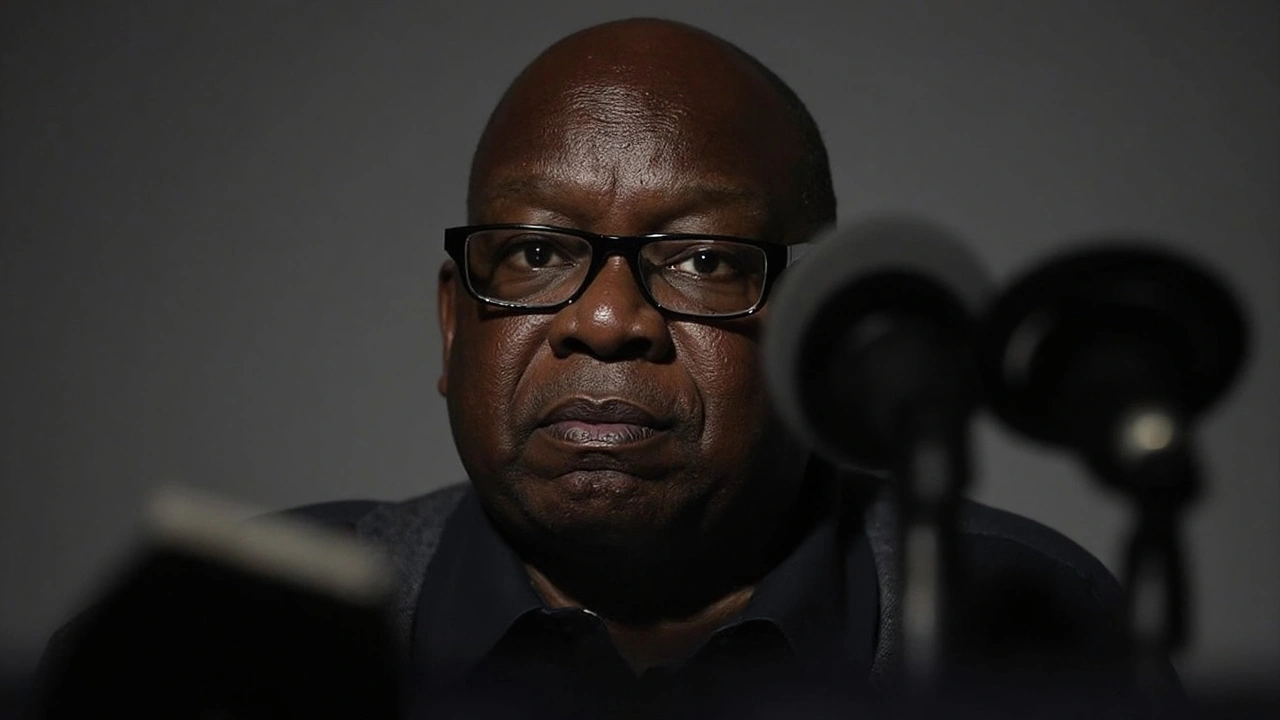Understanding Corruption and What It Means for Everyone
Corruption is more than just a buzzword—it’s a real issue that affects communities, governments, and economies worldwide. Whether it’s sneaky dealings in politics or unfair practices in business, corruption can steal resources meant for public services and stunt growth. It’s frustrating because it hits people where it hurts most: education, health care, infrastructure, and trust in institutions.
When officials misuse their power for personal gain, it destroys confidence and wastes precious public money. Imagine money set aside for fixing roads or funding schools being siphoned off through shady deals. That’s not just unfair; it creates long-lasting problems for society as a whole. So, why does corruption continue to thrive despite knowing its damage?
Why Corruption Still Persists
Well, several factors keep corruption alive. Weak oversight, lack of transparency, and poor accountability make it easier for people in power to bend the rules. Sometimes, systems meant to check wrongdoing aren’t strong enough, or laws aren’t enforced properly. In other cases, cultural acceptance or fear of retaliation stops whistleblowers from speaking up. These problems create a circle where corruption stays hidden and unpunished.
But here’s the kicker: combating corruption starts with awareness. The more people understand how corruption works and the harm it causes, the better chances we have to stop it. Civil society, media, and active citizens play a key role by demanding transparency and calling out wrongdoings. With consistent pressure, governments can implement reforms to tighten controls and make public spending clearer.
How Corruption Affects Us Everyday
You might think corruption is something distant, but it sneaks into daily life. It can mean longer waits for medical treatment, poorer quality education, or subpar infrastructure, because funds are diverted. Businesses may face unfair competition if bribes become the norm, which can discourage honest entrepreneurs. Ultimately, corruption slows progress and widens inequality, hitting the most vulnerable the hardest.
The fight against corruption isn’t just for officials or watchdogs—it involves all of us. Staying informed, voting wisely, supporting transparency efforts, and speaking out when things don’t feel right are small but powerful steps. Each action helps build a culture of honesty where resources go where they’re truly needed, benefiting communities and future generations.
So next time you hear about corruption, remember: it’s not just politics; it’s about fairness and how well our society functions. Being aware and engaged helps keep corruption in check and makes a difference for everyone.
Zuma and EFF Face Heat Over Failed Economic Promises to Poor Black South Africans
Jacob Zuma and the Economic Freedom Fighters are under fire for failing to address economic inequality among Black South Africans. While promising radical change, both have been linked to scandals and accusations of self-enrichment. These controversies expose deep-rooted corruption in South Africa’s economic reform programs.
Read More
